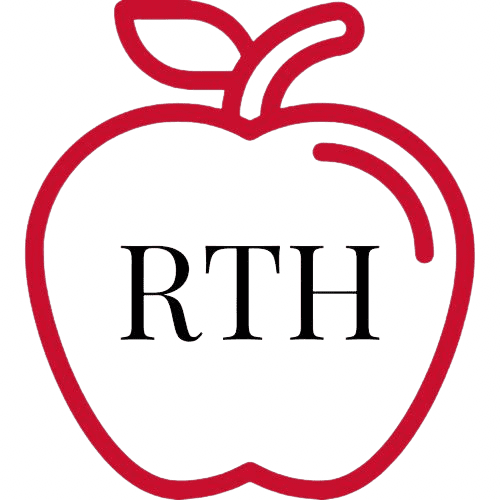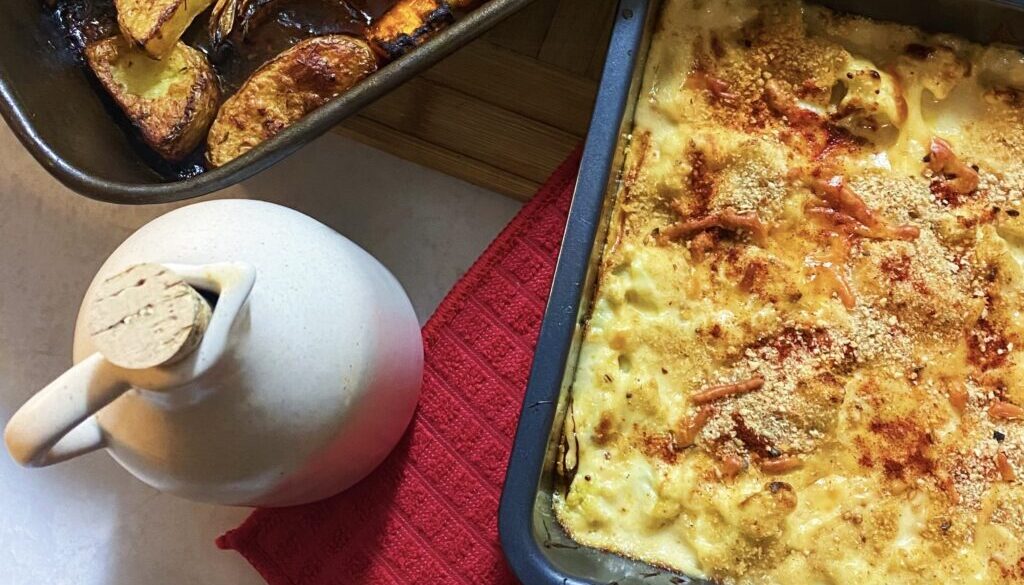In order to lose weight, you need to be in a calorie deficit. This means taking in less energy from your diet than you expend.
If you’re more active, you will need more calories, and less if you don’t move as much.
When we create your nutrition plan, we calculate your calorie deficit by taking away 20% of your energy intake.
For example, if your energy requirements are 2100 calories, 20% would be 420 calories, meaning that your plan will be 1680 calories.
But how do you maintain a deficit without feeling hungry?
Here are some ways you can make it easier.
Consider the nutritional value of foods you’re eating
Being in a calorie deficit isn’t simply eating less and moving more. The quality of the foods need to be considered, because they are not all created equal. For example, an apple and a chocolate bar might be similar in calories, but the apple would provide you with more nutrition and give you sustainable energy for longer, which makes it easier to have less energy compared to eating the chocolate which would leave you feeling hungry soon after. This doesn’t mean you can’t enjoy chocolate while losing weight, but being mindful of which foods give you more energy and keep you fuller than others will help you.
Make sure you’re getting enough protein
Protein is not only great for building muscle, but it can help keep you fuller for longer. We calculate your protein requirements by 1.6g per kg of body weight. It’s good to aim for 20-30g protein for each meal, and focus on high protein snacks. Great food sources include lean meats, fish, eggs, nuts, tofu, chickpeas and legumes. Sometimes protein bars and powders can help depending on how much exercise you do.
Include fruits, vegetables and whole grains in your diet
Fruits, vegetables and whole grains are great sources of fibre, which also keeps you satisfied with your meals. Adding vegetables to your meals can help give them more volume without adding too much energy, which helps you feel full whilst still maintaining a deficit. Whole grains are the best grains to opt for as they will sustain you for longer. For example, wholegrain bread will provide you with sustainable energy, compared to white bread which will give you a burst of energy but then cause you to crash, leaving you hungry again earlier.
Don’t reduce your calories too much
It’s important to make sure you’re still eating enough, even when you’re in a calorie deficit. Eating too little can actually slow down your metabolism for your body to adapt to less energy, which will result in your body holding onto more energy. This can result in a plateau in weight loss. This is why we put you in a small deficit to begin with, to make your weight loss more sustainable in the long term and help you maintain a healthy metabolism.
Achieving a calorie deficit might seem daunting, but with the right strategies, it can become a manageable and effective part of your journey towards better health and fitness.
Remember, small changes can add up to significant results over time.
Whether it’s being mindful of the nutritional value of foods, or incorporating more protein and whole grains into your diet, there are numerous avenues to explore.
Embrace the process, stay consistent, and celebrate your progress along the way.
If you’re ready to take charge of your health and make sustainable changes, start implementing these tips today. Your body will thank you for it!




